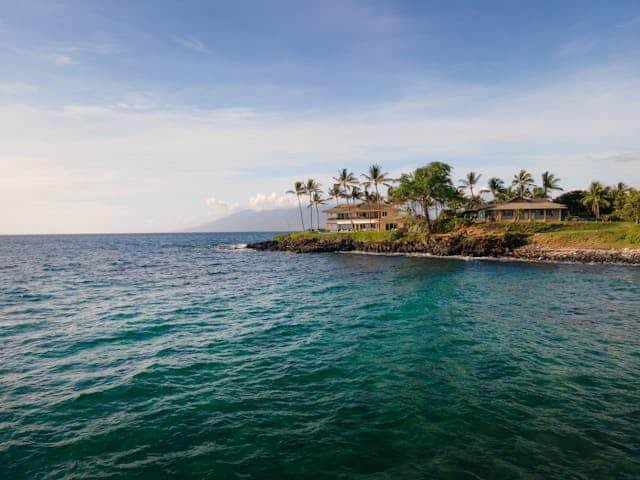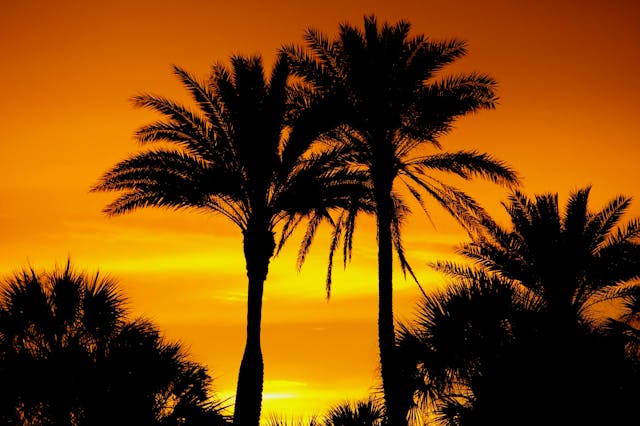
Thinking of buying property in Hawaii? The islands’ tropical beauty and relaxed lifestyle make them a dream destination for many. However, purchasing real estate in Hawaii comes with unique challenges that buyers should understand before making a decision. From leasehold vs. fee simple ownership to high property taxes in certain areas, here are five crucial things you need to know before buying property in Hawaii.
One of the biggest surprises for buyers is that not all property in Hawaii comes with land ownership. Many properties are sold as leasehold, meaning you own the home but lease the land from the actual landowner. These leases can range from a few decades to over 100 years, but when the lease expires, ownership of the property reverts to the landowner.
While Hawaii has one of the lowest statewide property tax rates in the U.S., this doesn’t mean you’ll pay less. The tax rates vary by island and property type, and non-residents often pay more.
Before purchasing, research your specific island and property type to avoid unexpected tax bills.
Many buyers dream of owning a Hawaiian vacation rental, but Hawaii has some of the strictest short-term rental regulations in the U.S. Each island has different zoning laws regarding Airbnb and VRBO rentals, and many areas completely ban short-term rentals unless the property is in a designated resort zone.
Before buying property in Hawaii as an investment property, check the local zoning laws to ensure you can legally rent it out. Otherwise, you could be forced to rent long-term or face heavy fines.
Hawaii’s stunning tropical environment comes with a price—homes require more maintenance due to the humid climate, salty ocean air, and heavy rains.
Because of these factors, home insurance and maintenance costs in Hawaii can be much higher than on the mainland. Always factor in long-term upkeep when budgeting for a property.

Hawaii is a small island chain with limited land available for development, which keeps property values high. Even modest homes can cost well over $1 million, particularly in sought-after locations near the beach.
If you’re serious about buying in Hawaii, be prepared for high prices, strong competition, and potential bidding wars, especially in popular areas like Oahu’s North Shore or Maui’s west coast. It’s a stunning and peaceful place to live, and probably a very wise profitable long term investment to pass down.
Hawaii is beautiful, known for it’s climate and wonderful clear water. While it’s not exactly similar to Florida, you may way to consider Florida for the cost alone. We have land below $10k in Florida and finding that in Hawaii is impossible at this point. You still get the great beaches and warm climate, even some iguanas. It’s not a bad spot considering the low entry land cost. See our Florida Land For Sale
© 2025, LandZero